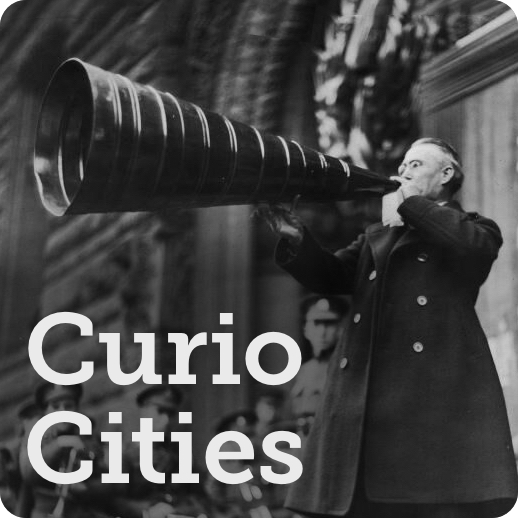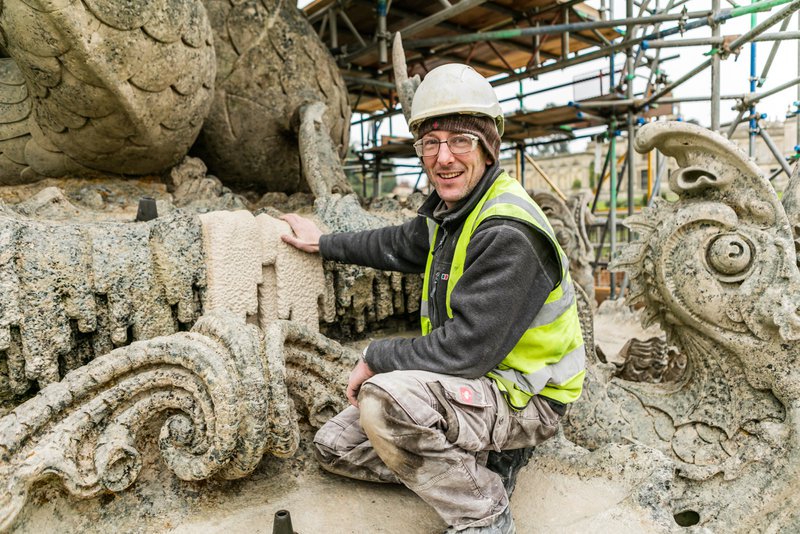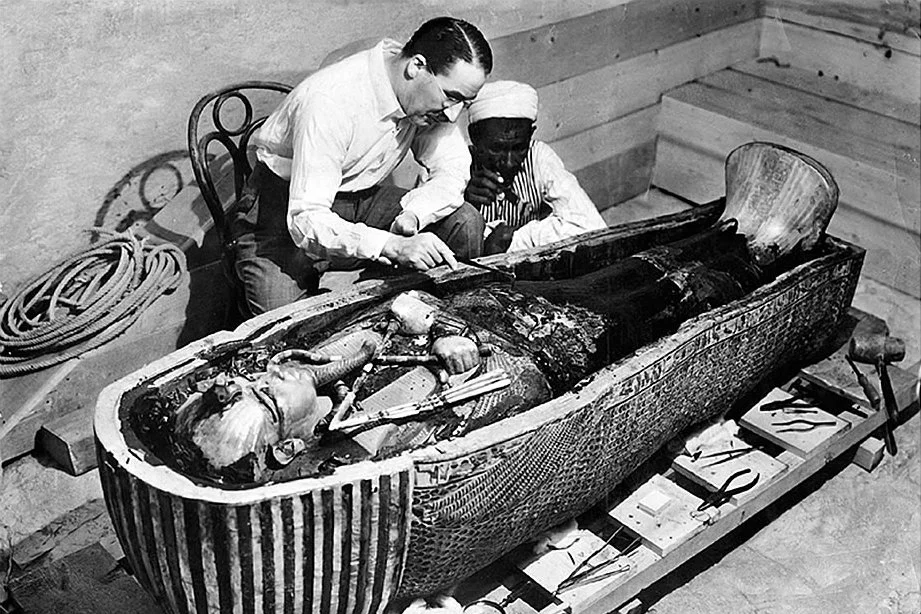6 ways to experience heritage conservation in action
So, you’re interested in heritage conservation, but not sure how to get more involved? Here are a few suggestions of how to experience conservation in action.
Go behind the scenes
A lot goes on behind the scenes at museums and historic venues to ensure their collections are kept in the best condition possible.
It’s a fascinating world, and with many attractions like the V&A and the National Trust’s Knole running popular tours of their conservation studios, it’s always worth checking what’s on and whether you need to book before you visit.
Take a hard hat tour
If you want to get up close to the restoration work of a historic building, look out for hard hat tours. Not only will you learn about a project and see what’s been happening in situ, but often you’ll get the chance to meet skilled crafts people and ask questions.
Some tours, like a trip up Castle Drogo’s project viewing tower, will also give you a unique perspective of a property and a real sense of what it’s like to be involved in a restoration project.
Image credit: Castle Drogo restoration work via Chris Allen / Creative Commons
While that venue, is allowing continuous access during a project, others like Hylton Castle will only be available at certain times of year or special events. Make sure you follow locations you’re interested in so you don’t miss out.
Follow projects online
From July next year, visitors to the Rijksmuseum in Amsterdam will be able to watch the scanning, investigation and restoration of Rembrandt’s famous masterpiece, The Night Watch, as conservators work on-site inside a purpose built glass chamber!
Sounds exciting… but if you can’t make it to the Netherlands, you can still follow along as the whole process will also be broadcast live online via a webcam. More details to follow.
For quicker reveals, follow conservators like fine art specialist Julian Baumgartner, who post mini videos of their restoration work on social media.
Volunteer your time
To get really hands-on with conservation, you might want to consider volunteering your time. Volunteers are often crucial to projects, and opportunities can cover a wide variety of roles including archival work, fundraising, publicity and stewardship. These positions are always changing so keep checking specialist listings sites like charityjob.co.uk.
Historic England also has a helpful overview of organisations which you can contact directly, such as festivals like Heritage Open Days and Open House London, and other charities such as SAVE, which intervenes to help find sustainable reuses for historic buildings and places in serious danger of demolition or decay.
One of SAVE's volunteer photographers, Barry Eveleigh, has been nominated for a Heritage Angel Award. You can show your appreciation for his project "The Lost World of the Welsh Chapel" by voting for him here: https://t.co/azWkwNw4Ys pic.twitter.com/pVwHTgi8a7
— SAVEBritainsHeritage (@SAVEBrit) October 5, 2018
Ending the #openhouselondon weekend at that volunteer party @Drapers_Hall with director @RoryOlcayto saying a big thanks! pic.twitter.com/VehtJ8ki39
— Open House London (@openhouselondon) September 17, 2017
Support with a donation
It’s not just church roofs which need donations… there are plenty of places, projects and groups looking for financial help to support their conservation work, so it won’t be hard to find something which really resonates. Here are a few suggestions:
Book worms might want to consider supporting Blickling Estate’s library appeal to help prevent and repair damage from risks like mould, damp, and the jaws of the death watch beetle.
Built heritage enthusiasts can double the impact of their donation to English Heritage’s The Once and Future Fund - an endowment to preserve free access to 300 unique historic sites across the country – thanks to the Heritage Lottery Fund who are matching funding up to £1million!
Image credit: a skilled mason repairs stonework paid for by The Once and Future Fund / English Heritage
Looking to the future for the heritage industry, why not support the Council for British Archaeology’s Young Archaeologists' Club, the only UK-wide club providing inspiration and practical experience in the industry for under 17s.
Learn techniques for yourself
While heritage conservation you hear about in the news might be large scale projects undertaken by professionals, there are skills you can learn to help conservation on your doorstep.
These courses are all suitable for beginners and will give you the chance to work on a real project.
Getting involved is easy, and whether you’re supporting with time, money, social shares or footfall, it can really make a difference to conservation work.
Main image credit: Paterm on Wikimedia / Creative Commons






